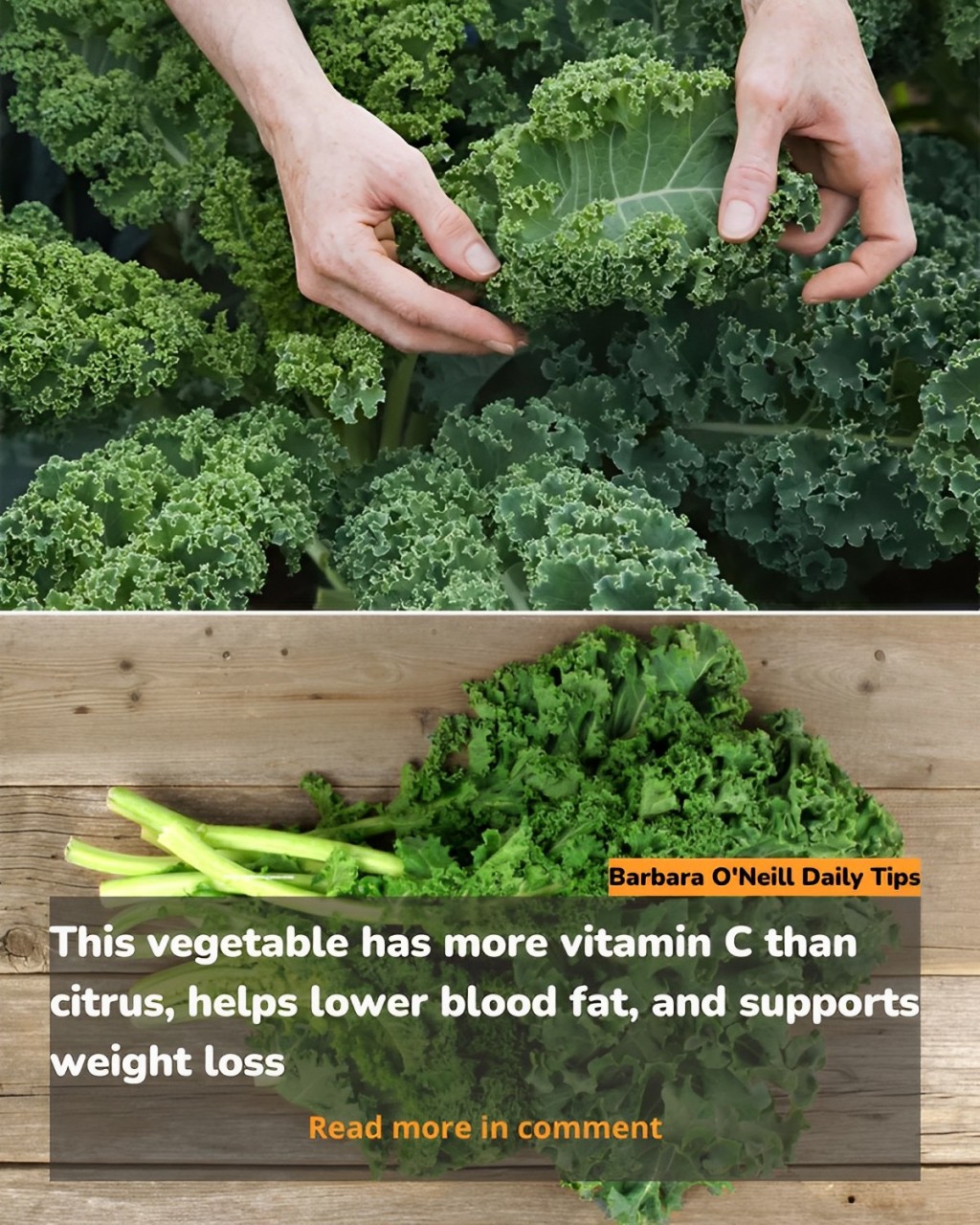Spinach is an excellent source of vitamins A, C, B9 and K, and contains more magnesium, potassium and iron than broccoli, lettuce or cabbage.

Spinach contains superior nutrients compared to other vegetables of the same type. (Source: Thestonesoup)
According to research, spinach contains superior nutrients compared to other vegetables of the same type.
Dr. Joseph Roberts, at Arizona State University, said spinach is quite unique. When eating spinach, the body receives a lot of nutrition without taking in too many calories.
Nutrients in spinach
Dr. Joseph Roberts said spinach is a rich source of vitamins A, C and folate (vitamin B9).
According to the United States Department of Agriculture, one cup of raw spinach has only 7 calories. But it provides 121% of the vitamin K that men should consume each day and 161% of the vitamin K recommended for women.
The amount of vitamin K in spinach is about 4 times more than lettuce, 5 times more than broccoli and 8 times more than cabbage.
Each cup of cooked spinach provides 129% of the recommended daily amount of vitamin A for women and 105% of the recommended amount for men.
Spinach also provides more minerals like magnesium, potassium and iron than cabbage, lettuce or broccoli.

Spinach provides more minerals like magnesium, potassium and iron than cabbage, lettuce or broccoli. (Source: Getty Images)
This vegetable is also rich in phytochemicals – compounds found primarily in plants that have many health-promoting properties.
Dr. Roberts said phytochemicals have long been known to function as antioxidants, helping to fight inflammation and aging.
Spinach is also one of the best plant sources of lutein, a plant-based pigment called a carotenoid that is good for eye and brain health.
Additionally, spinach is high in fiber, which most people need.
Fiber has been shown to help protect the body against heart disease, diabetes and many other diseases.
Be careful with spinach
Dr. Roberts said spinach is high in oxalates, which can interfere with the body’s ability to absorb minerals. He says spinach actually has a lot of calcium, but the oxalate binds to that in the intestines.
The oxalate content in spinach not only affects the body’s ability to absorb calcium, but it also affects the kidneys, specifically causing kidney stones.
Kidney stone formation has been shown to be directly and indirectly related to the body regularly consuming large amounts of oxalate over a long period of time. Therefore, you should not eat spinach too much and often to avoid kidney stones.
“This can lead to the formation of kidney stones in some people,” he said. People who are prone to kidney stones are sometimes advised by their doctors to adopt a low-oxalate diet.”
Spinach also contains purines, which are converted into uric acid in the body. In people with gout, uric acid can trigger a gout attack, but Dr. Roberts says “studies have shown that spinach consumption has little or no effect on the risk of a gout attack. labour.”
Experts advise that people with sensitive skin may experience mild allergies when eating spinach. Meanwhile, people who are taking anticoagulants should not eat this vegetable because vitamin K in the vegetable can reduce the effectiveness of the drug.
How to use spinach for the most benefit?
Dr. Roberts says that when buying spinach, you should choose fresh vegetables, with both roots and roots intact, and leaves that are not crushed.

(Source: Vegkitchen)
How you prepare spinach is important. “Cooking can affect the nutritional content of spinach,” says Dr. Roberts. Boiling vegetables can reduce the content of vitamins B and C, as well as some phytochemicals.”
He says those compounds will remain in the broth, so “one way to save that is to use the broth as well.”
Vitamins K and A as well as lutein require some fat for the body to absorb, so Dr. Roberts recommends sauteing spinach with a little oil, or eating it raw with a little oil drizzled on top.
Dr. Roberts says that making smoothies also helps spinach retain the most nutrients.





